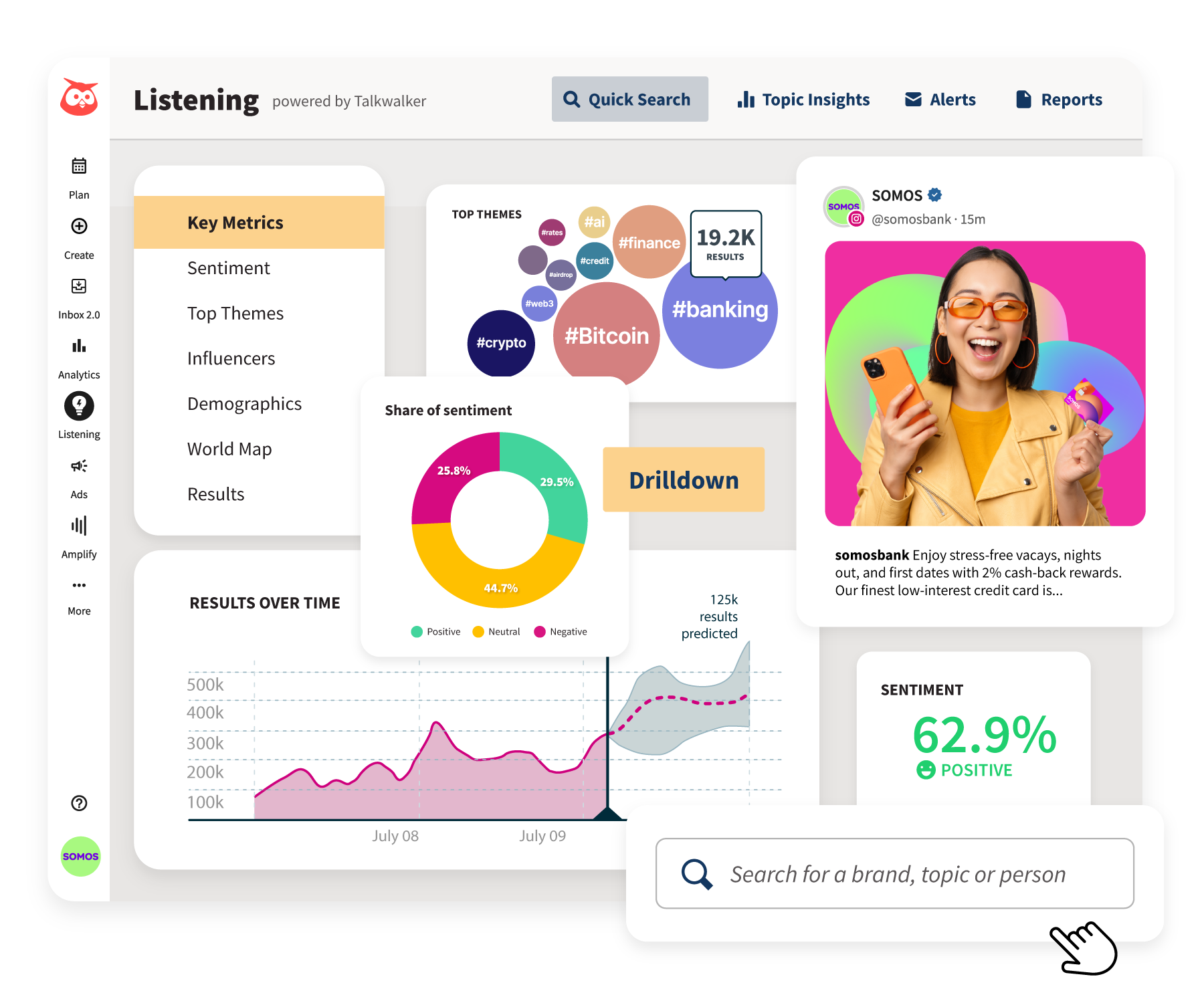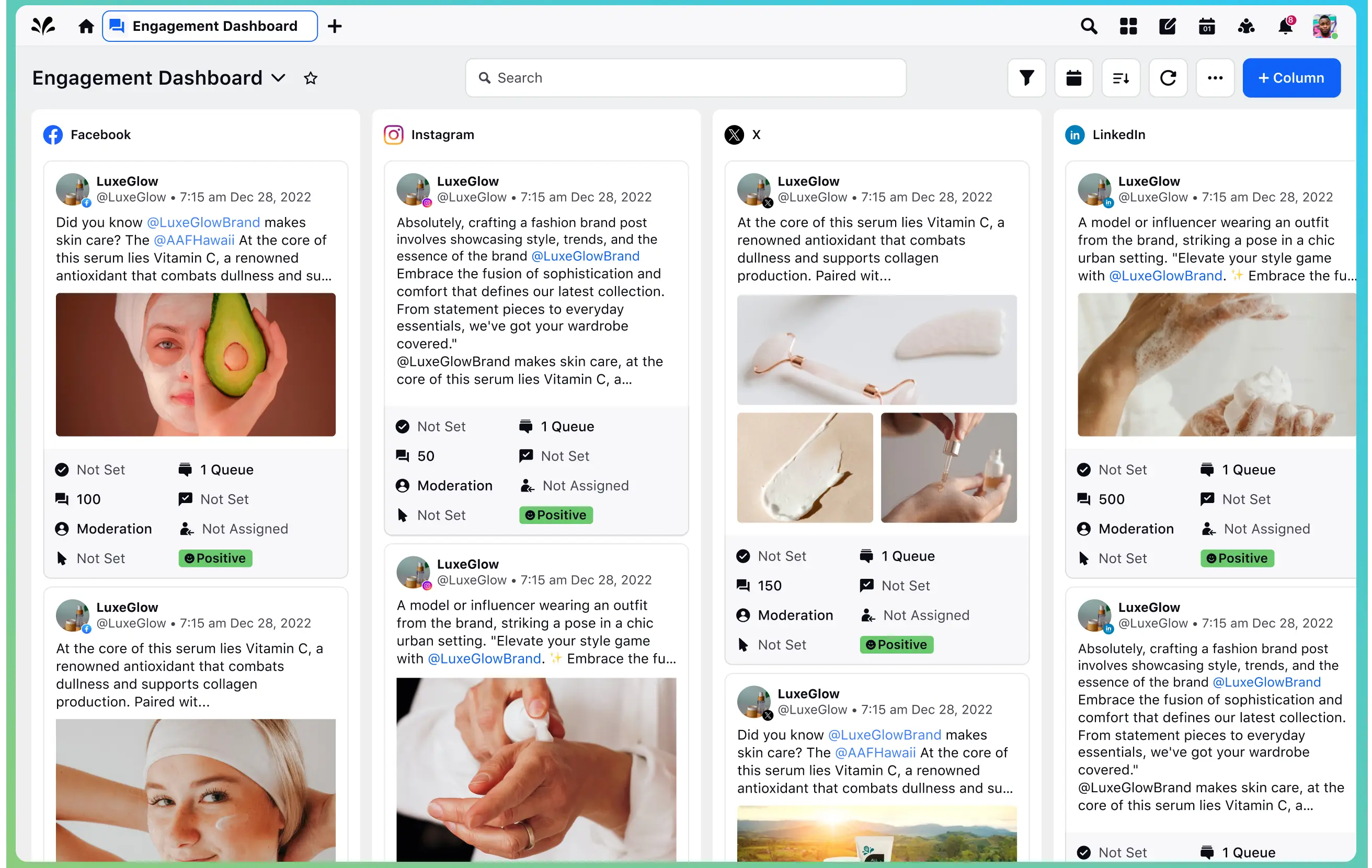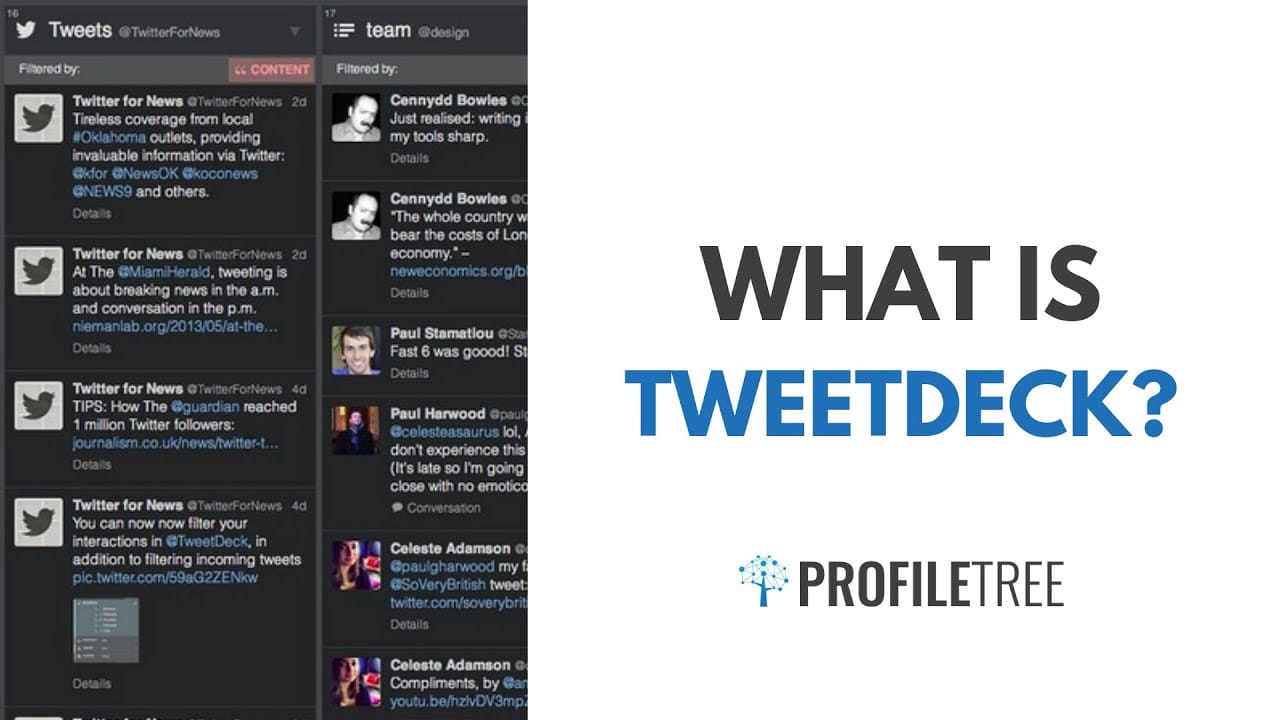Crisis Management on Social Media: Case Studies from the Hospitality Industry
In today's fast-paced digital world, managing crises on social media has become an essential function for businesses, especially within the hospitality industry. This blog explores real-life case studies that illustrate both successful and unsuccessful crisis management strategies, providing valuable insights for professionals in this field.
Introduction
Crisis management on social media is an increasingly vital skill in the hospitality industry. With consumers expecting quick responses from brands, social media has become the frontline for communication during crises. Organizations can build trust and loyalty through transparent interactions. In this blog, we will examine notable case studies, underlying key details, best practices, and tools that can equip professionals to handle adversity effectively.
Meet Marek Nowak, a seasoned SEO specialist with over 5 years of experience focused on enhancing online visibility for various brands. Marek has helped numerous businesses optimize their digital presence and navigate the complexities of crisis management on social media.
Why Crisis Management is Essential for the Hospitality Industry
The hospitality industry is particularly vulnerable to crises due to its direct interaction with customers. Whether it’s a public relations misstep, a natural disaster, or an unforeseen scandal, a well-managed crisis can mitigate damage to a brand's reputation. Here are several reasons why effective crisis management on social media is paramount:
High Customer Expectations: A Pew Research Center study indicates that approximately 70% of consumers anticipate a brand's response within the hour during a crisis. Immediate engagement is essential.
Reputation Management: How a brand responds can make or break its reputation. Positive engagement can restore customer confidence, while mismanagement can lead to long-term consequences.
Real-Time Communication: The speed of social media allows for real-time communication, creating an opportunity for brands to engage audiences and dispel false information promptly.
Successful Case Studies
JetBlue Airways: Leading Through Transparency
In 2007, JetBlue faced a significant crisis when a major snowstorm grounded hundreds of flights. Instead of remaining passive, JetBlue leveraged social media to communicate directly with customers. They provided timely updates, acknowledged their mistakes, and offered compensation. This transparent approach not only salvaged their reputation but also garnered praise. JetBlue’s strategic responsiveness set an exemplary standard for crisis management.
Starbucks: A Lesson in Active Engagement
During a racial profiling incident in 2018, Starbucks took swift action by closing over 8,000 stores for staff education. The company addressed the issue directly on their social media channels, promoting their efforts to educate their employees. This transparency and visible action were well received, allowing Starbucks to regain consumer trust and strengthen their brand image.
Marriott: Communicating After a Data Breach
Following a significant data breach disclosure in 2018, Marriott promptly utilized social media to keep customers informed about the situation. They were transparent about the data breach's implications and the steps taken to remedy the issue. This proactive communication minimized customer anxiety and preserved the brand's reputation even amid adversity.
Unsuccessful Crisis Management Examples
United Airlines: A Cautionary Tale
The infamous 2017 incident involving United Airlines, where a passenger was forcibly removed from a flight, serves as a warning against poor crisis response. Their sluggish and inadequate engagement on social media amplified public outrage, highlighting the necessity of rapid and sincere communication during crises. The airline emerged from the incident with its brand significantly tarnished, illustrating how critical it is to act promptly.
Kendall-Jackson Winery: Missteps in Sensitivity
In 2016, Kendall-Jackson faced backlash over a social media post perceived as insensitive. Their delayed response to the criticism allowed the situation to escalate, demonstrating the consequences of inaction. The winery's experience reinforces the urgency of an effective crisis communication plan.
Best Practices in Crisis Management
Quick Response Times
The essence of crisis management requires rapid response. Research shows that companies responding quickly mitigate damage significantly. With tools like Hootsuite and Sprinklr, hospitality brands can monitor social media activity and engage with customers almost instantaneously.

Maintaining Transparency
Honesty about the nature of the crisis is essential. Research suggests that 81% of consumers prefer brands to admit when they make a mistake. Providing clear, real-time updates reassures customers and builds trust.
Empathy and Customer Engagement
Empathy can transform potential fallout into positive engagement. Messaging that reflects understanding and support can turn negative situations around. Utilizing a soft approach and compassionate language can make all the difference in maintaining customer loyalty.
Tools and Technologies for Crisis Management
Crisis Management Software
Investing in software like Hootsuite, Sprinklr, or TweetDeck can provide critical functionalities for real-time monitoring and responses. These tools allow hospitality businesses to manage conversations efficiently during crises.
| Tool | Key Features |
|---|---|
| Hootsuite | Broad social listening capabilities |
| Sprinklr | Integrated crisis management features |
| TweetDeck | Real-time monitoring for effective engagement |


Developing a Crisis Communication Plan
Creating a well-structured crisis communication plan is essential. A solid plan includes:
- Identification of potential crises
- Roles and responsibilities for team members
- Protocols for communication across platforms
- Regular training sessions for staff
Expert Insights and Quotes
As Michael A. Smerconish, a public relations expert, once said, "Brands need to prepare, respond, and recover." This sentiment underscores the need for hospitality brands to have comprehensive strategies in place to tackle any potential crisis.
Conclusion
In conclusion, crisis management on social media is a critical competency for the hospitality industry. Through these case studies, professionals can learn from both successes and failures to bolster their communication strategies. By employing ethical and quick responses, brands can effectively manage their reputations during challenging times.
For those eager to deepen their understanding of crisis management strategies, exploring related content, participating in industry discussions, or signing up for our newsletter can foster ongoing engagement and support in mastering this essential skill. Together, we can navigate the complexities of crisis management in the ever-evolving landscape of social media.
